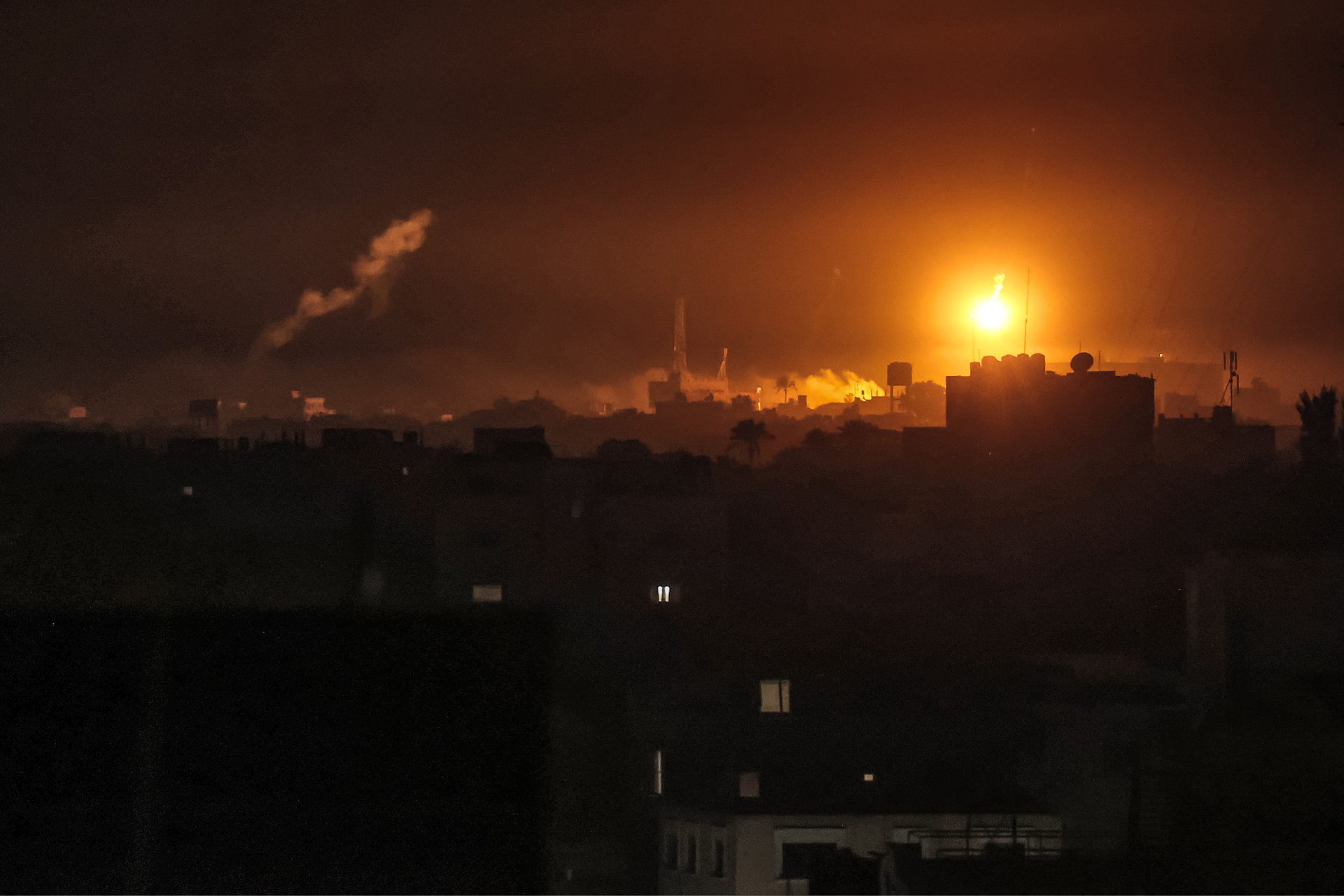In his annual “State of the World” address to the Diplomatic Corps accredited to the Holy See, Pope Francis emphasized the collective responsibility of individuals and nations to foster peace.
The pontiff acknowledged the efforts of the ambassadors in nurturing good relations between the Holy See and their respective countries, according to Vatican News.
In his address, Pope Francis described peace as both a divine gift and a responsibility shared by all. Quoting “Blessed are the peacemakers,” he highlighted the need for active efforts to promote peace in a world riddled with conflicts and divisions.
Pope Francis referred to the escalating global conflicts as a “third world war fought piecemeal” and openly discussed specific geopolitical crises.
Israel and Palestine
The Pope condemned the October 7 attack on Israel by Hamas and expressed deep concern over the subsequent military response, leading to a full-scale war in Gaza.
He called for an immediate ceasefire, the release of hostages, and access to humanitarian aid for the Palestinian people.
Pope Francis reiterated his support for a two-state solution and an internationally guaranteed special status for Jerusalem.
“I renew my condemnation of this act and of every instance of terrorism and extremism. This is not the way to resolve disputes between peoples; those disputes are only aggravated and cause suffering for everyone,” he said.
“Provoked a strong Israeli military response in Gaza that has led to the death of tens of thousands of Palestinians, mainly civilians, including many young people and children, and has caused an exceptionally grave humanitarian crisis and inconceivable suffering,” the pontiff added.
Syria, Lebanon, Myanmar
Expressing concern for the destabilizing situation in the region affected by the conflict in Gaza, the Pope focused on the economic and political instability in Syria.
He appealed to the international community to encourage constructive dialogue and seek new solutions for the Syrian people.
The plight of Syrian refugees in neighboring countries and the situation of the Rohingya in Myanmar were also addressed.
“I appeal to the international community to encourage the parties involved to undertake a constructive and serious dialogue and to seek new solutions so that the Syrian people need no longer suffer as a result of international sanctions,” said Francis.
“Every effort be made to offer hope to that land and a dignified future to its young (…) not neglecting the humanitarian emergency that the Rohingya continue to experience,” he said.
Russia and Ukraine, Armenia and Azerbaijan
Highlighting large-scale warfare between Russia and Ukraine and the conflict between Armenia and Azerbaijan, the Pope called for negotiations respecting international law and religious diversity.
“Great numbers of victims and massive destruction… In both instances, he called for negotiations, in respect for international law and for religious diversity,” he said.
Africa
Pope Francis addressed humanitarian crises in sub-Saharan Africa, emphasizing the effects of terrorism, political instability, and climate change.
He called for the implementation of agreements, such as the Pretoria Agreement, to address conflicts in Tigray, as well as solutions to tensions in Ethiopia and the Horn of Africa.
The Pope also expressed concern about the war in Sudan and its consequences, along with the plight of refugees in Cameroon, Mozambique, the Democratic Republic of Congo, and South Sudan.
“I reiterate my proposal that a global fund be established to finally eliminate hunger and to promote a sustainable development of the entire planet,” he said.
Challenges in the Americas
Acknowledging the absence of open wars in the Americas, the Pope highlighted tensions between several Latin American countries and expressed concerns about political polarization affecting democratic institutions in places like Peru and Nicaragua.
He specifically addressed the troubling situation in Nicaragua, advocating for a diplomatic dialogue for the benefit of Catholics and the entire population.
“The situation in Nicaragua remains troubling: a protracted crisis with painful consequences for Nicaraguan society as a whole, and in particular for the Catholic Church,” said Pope Francis.
“Today, perhaps more than ever, we need a Holy Year,” a season of grace that enables us to experience God’s mercy and the gift of His peace,” he added.
